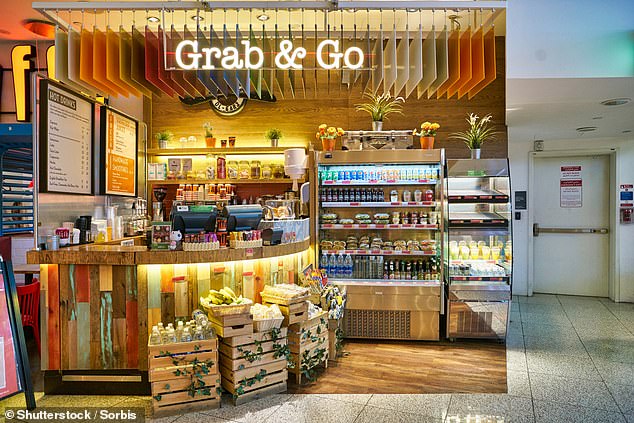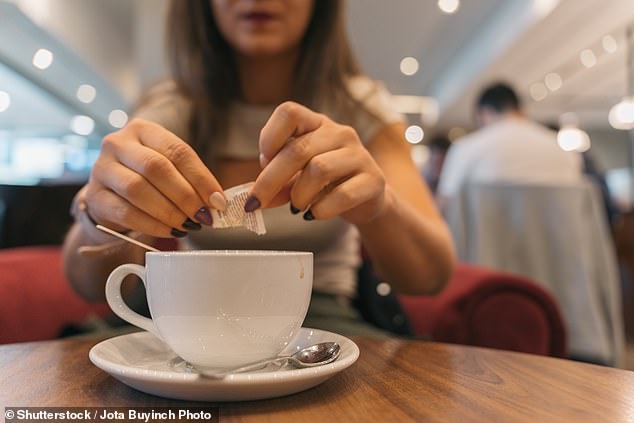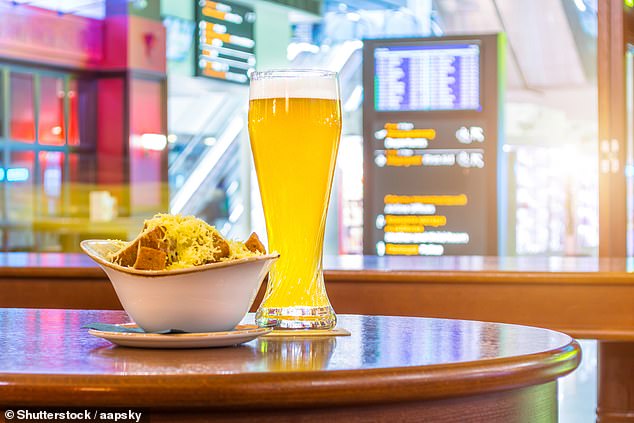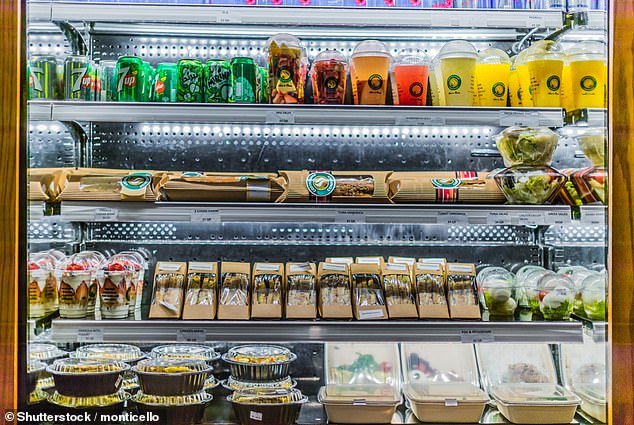Many airports offer travellers the convenience of grabbing a quick bite before their flight – but not all options make for a nourishing, healthy meal.
Experts warn that a variety of foods commonly purchased at airports can lead to discomfort, digestive issues and even illness.
To avoid the risk of compromising their health before the plane has even left the tarmac, holidaymakers are encouraged to bring their own snacks or meals to eat in the departure area before boarding.
Passengers travelling through airports can carry cakes, fruit, vegetables, sandwiches and solid foods in containers in their hand luggage, though these must not exceed 100ml in size.
However, foods that are often served in or with a sauce – such as soups, pastes and stews – are prohibited, as defined in security screening information provided on London Gatwick‘s website.
Bringing along a packed breakfast, lunch or dinner ensures passengers not only save money, but have healthier options, too.
From sushi to salty snacks, here’s a rundown of seven foods to avoid purchasing at the airport.
Salad

Many airports offer travellers the convenience of grabbing a quick bite before their flight – but not all options make for a nourishing, healthy meal

According to the Mayo Clinic, large servings on result in jitteriness and frequent trips to the bathroom, which makes for a less-than-ideal flight
While salads seem like the healthiest option, raw leafy greens can harbour bacteria such as E. coli, which is difficult to completely remove even when food is washed.
Consuming salads, no matter how well prepared, can increase the risk of foodborne illnesses.
Coffee
According to the Mayo Clinic, large servings on result in jitteriness and frequent trips to the bathroom, which makes for a less-than-ideal flight.
Caffeine is also a huge culprit in disrupting sleep patterns, making it harder to rest during long journeys.
Salty snacks
Foods commonly high in salt, such as French fries and pretzels, can cause bloating, as reported by Travel and Leisure.
At high altitudes, the gas in your stomach expands, which can cause discomfort throughout the flight.
High-sugar yogurts
Pre-packaged yogurts and smoothies are often loaded with added sugars and preservatives – even low-fat varieties can contain up to 30g of sugar.
According to data provided by USDA, these high-sugar dairy foods can upset and irritate the digestive system.
Passengers who are prone to stomach or digestive issues when travelling should instead opt for plain Greek yoghurt or natural snacks.
Alcoholic drinks

Passengers are advised to limit their intake of drinks on flights, consuming alcohol at the airport can lead to dehydration and lightheadedness due to the lower cabin pressure

While salads could seem like the healthiest option, raw leafy greens can harbour bacteria such as E. coli, which is difficult to completely remove even when the food is washed
Passengers are advised to limit their intake of drinks on flights, consuming alcohol at the airport can lead to dehydration and lightheadedness due to the lower cabin pressure.
Writing for Travel and Leisure, nutritionist Lindsay Malone warned: ‘The combination of consuming alcohol and sleeping under hypobaric conditions places a significant strain on the heart, even in young and healthy individuals.’
Deli meats
According to the US Centers for Disease Control and Prevention, cold cuts and deli meats can contain listeria, especially if they’ve been sitting out for extended periods.
If passengers choose to eat them, it’s important to ensure they’re heated to a safe temperature.
Sushi
Raw fish can pose a risk of foodborne illnesses, and airport sushi may not always be stored at optimal temperatures.
According to the CDC, it’s better to avoid ‘raw or undercooked fish or shellfish, including sashimi, sushi, and ceviche’ and opt for other meal options.












